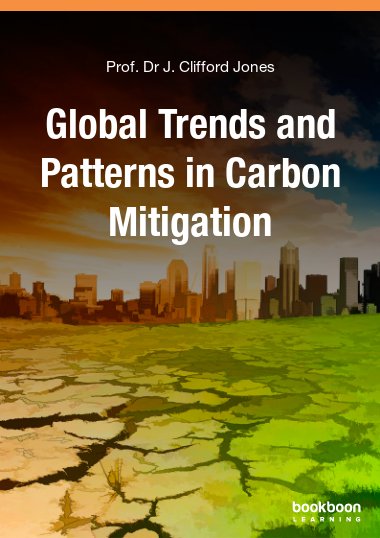This book analyses, country by country and region by region, responses to the worldwide demand for reductions in carbon dioxide emissions. The discussion is quantitative and contains many related calculations. There are discussions of how the respective countries have fulfilled their obligations under the Kyoto Protocol and detailed coverage of some of novel technologies for energy production with reduced or nil carbon footprint.
The book has received a positive review in The Chemical Engineer, the monthly of the Institution of Chemical Engineers. You can see the review here: https://www.thechemicalengineer.com/features/offshore-oil-and-gas-decommissioning-book-review-issue-921/

